Endo Belly: What Is It and Why Does It Happen?

Related products
Endometriosis is a chronic disease of the female reproductive system. It affects approximately 1.5 million women in the United Kingdom. The disease process of endometriosis involves the formation of endometrial-like tissue in uterus as well as other organs of the body.
Commonly involved organs in endometriosis include:
- Uterine Ligaments (these ligaments hold the uterus in place to support itself and the adjacent ovaries). Endometriosis in the uterine ligaments presents itself with pelvic pain.
- Bladder Wall involvement causes pain while emptying the bladder.
- Bowel involvement causes dull pain in the abdomen, bloating and discomfort. These complaints increase further during defecation.
- Fallopian tube involvement is also common. Females with undiagnosed endometriosis in their fallopian tubes often experience ectopic pregnancy (implantation and growth of the fertilized egg in the fallopian tube) which is a health emergency.

It results in a set of symptoms including severe pelvic pain, infertility, heavy menstrual bleeding, and Endo Belly. In the article below, we will discuss Endo Belly, its causes and effective management.
What is Endo Belly?
The term "Endo Belly" is used to describe painful bloating in females with endometriosis. The bloating is so severe that the affected female appears to be several months pregnant or carrying an enormous mass in the abdomen. The affected females also experience gastrointestinal symptoms of chronic discomfort such as irregular bouts of diarrhoea and constipation, nausea, and abdominal pain. As the affected females reach the menstruation phase of their menstrual cycle, the severity of bloating increases along with a heavy menstrual bleed.

Endo Belly – Why Does It Happen?
Multiple factors and causes act in combination to result in the phenomenon of Endo Belly.
-
Swelling and Redness:
The menstruation phase of a menstrual cycle involves shedding, waxing, and waning of the endometrial wall. As endometriosis is the formation of endometrial lining in organs other than the uterus, during menstruation, the lining in other organs must shed and bleed as well. This manifests itself in the form of an inflammatory response in the involved organs as their lining begin to wear off. This swelling and redness lead to retention of fluid and swelling in the involved organs.
-
Immunological Disorders:
Endometriosis is linked to various auto-immune disorders. Females affected with endometriosis often show elevated levels of pro-inflammatory cytokines that are released in cases of underlying auto-immune disorders. Research published in the “British Journal of Obstetrics and Gynaecology” proved the involvement of cytokines in abdominal swelling that cause symptoms of bloating in females with endometriosis – endo belly.
-
Gut Wall Involvement:
Gastrointestinal tract is a common site of involvement in endometriosis. The endometrial lining is regulated by female reproductive hormones; thus, it undergoes continuous rhythmic change throughout each menstrual cycle. Each menstruation phase result in shedding of the lining that eventually result in scarring of the gastrointestinal wall. A disrupted gastrointestinal wall means ineffective digestion, abnormal gut motility and inadequate absorption of the consumed food. These abnormalities cause the symptoms of bloating and abdominal discomfort.
An eminent British journal on gastroenterology “Gut” discusses the notable overlap of endometriosis with irritable bowel syndrome (IBS). The journal also signifies the weight of complicated management of gastrointestinal complaints in patients with both IBS and endometriosis.
Furthermore, these gastrointestinal symptoms also affect the friendly bacteria in the gut. Depletion of the gut flora (dysbiosis) and certain food groups influences or exacerbates the painful abdominal bloating in females with endometriosis.
Endo Belly – How to Manage?
The management of endo belly requires approach from various points. Diet and lifestyle modifications are the best initial steps to treat the symptoms of endo belly. Certain food groups that are triggering for the gut must be stopped such as dairy products, processed foods, or carbonated drinks. It is important to identify sensitivity to such food items and terminate its use for better gut health. Furthermore, fibre intake must be encouraged as they mediate the process of digestion and reduces bloating. Welzo offers a wide range of fibre supplements with proven benefits in pocket-friendly prices.

Stress exacerbates the gastrointestinal symptoms and worsens any underlying health condition. Healthcare experts advise the adoption of mindful techniques to relieve the stress associated with chronic diseases such as endometriosis. Effective methods include yoga, meditation, mantras, and relaxing exercises.
Medical approach focuses on providing symptomatic relief and treat the underlying cause. Individuals with endo belly are recommended over the counter pain killers such as paracetamol or non-steroidal anti-inflammatory drugs (NSAIDs) to alleviate pain and discomfort. It is important visit a healthcare clinic and consult with a gynaecologist.
Treatment of endo belly mainly focuses on treating the endometriosis. Effective medical treatments include hormonal therapies that balances the hormonal fluctuations to relieve the symptoms of endo belly. Laparoscopic abdominal procedures also target and removes the endometrial lining in unusual places to relieve the gut wall.
People Also Ask
How does Endo Belly impact mental health?
Endo belly has significant impacts on mental health. It causes severe anxiety and depression due to its outward appearance. It reduces the self-esteem and promote self-isolation in the affected groups. The unpredictable and severe symptoms of this conditions have huge impacts on professional commitments and social obligations.
What should I do if I suspect having Endo Belly?
It is crucial to seek support from a gynaecologist. The experts begin with conducting physical examination and a series of health investigations including the baselines and ultrasound of the abdomen and pelvis. Moreover, one must monitor their health symptoms closely to provide accurate data and receive the best treatment possible.
What are the long-term complications associated with Endo Belly?
Long-term complications of endo belly include irritable bowel syndrome (IBS), bowel adhesions, intestinal obstructions and worsening of the endometriosis. It is crucial to visit a gynaecologist to receive appropriate medical care before the condition worsens.
Conclusion:
Endo Belly is a gastrointestinal disorder in females with endometriosis. Endometriosis is the deposition of endometrial lining (intra-uterine lining) in organs outside the uterus. In cases of gastrointestinal involvement, it causes symptoms of severe painful bloating that often appears as an advanced pregnancy. Endo belly occurs as the gut wall undergoes recurrent disruptions and scarring. Welzo advises detailed medical work-up in females suspecting endo belly as timely medical intervention saves both health and finances.



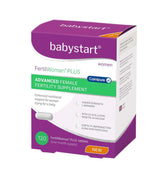
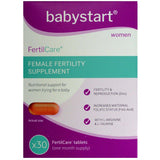






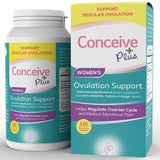



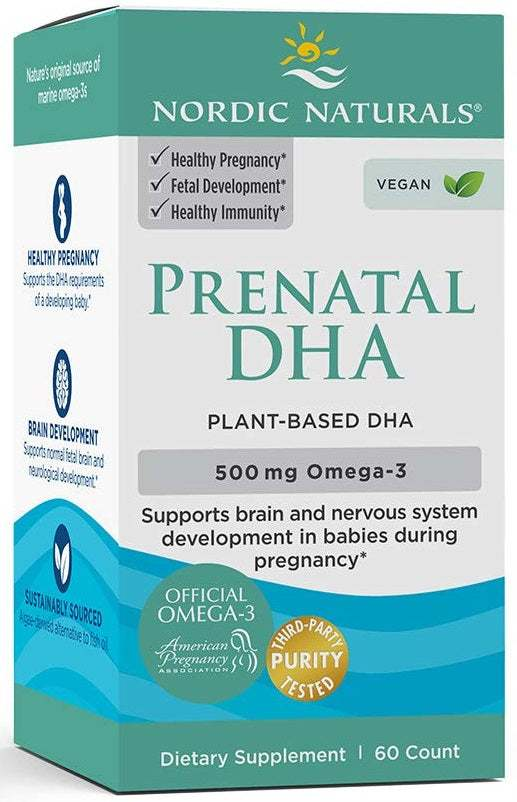



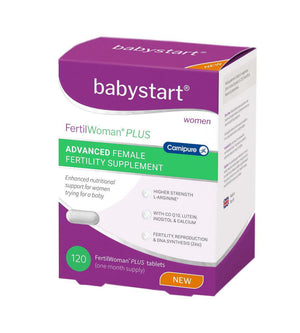
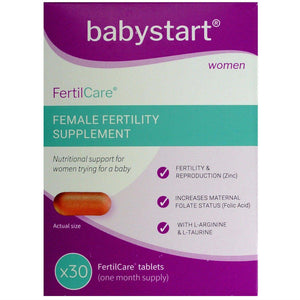
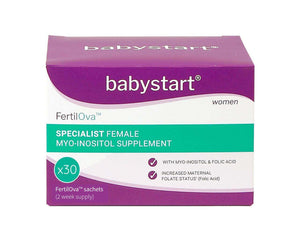





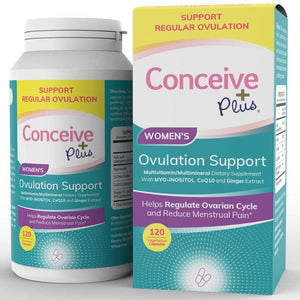



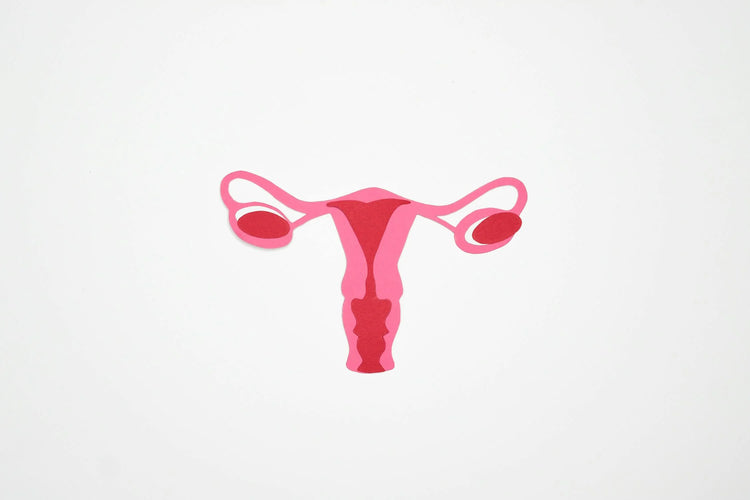
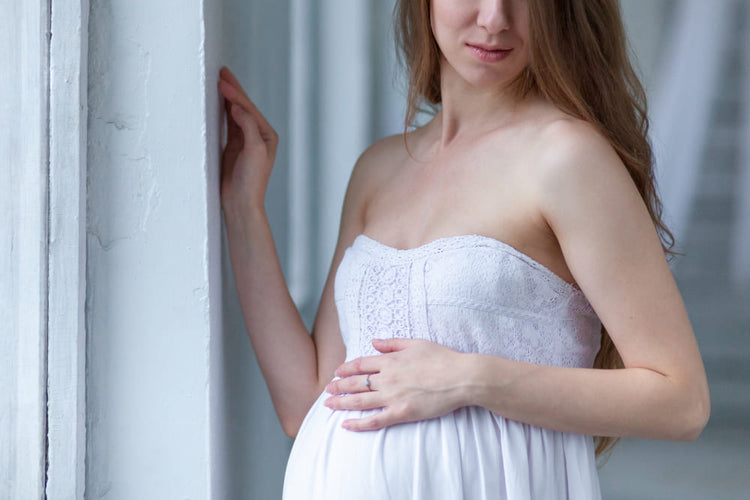





 Rated Excellent by 26,523+ Reviews
Rated Excellent by 26,523+ Reviews